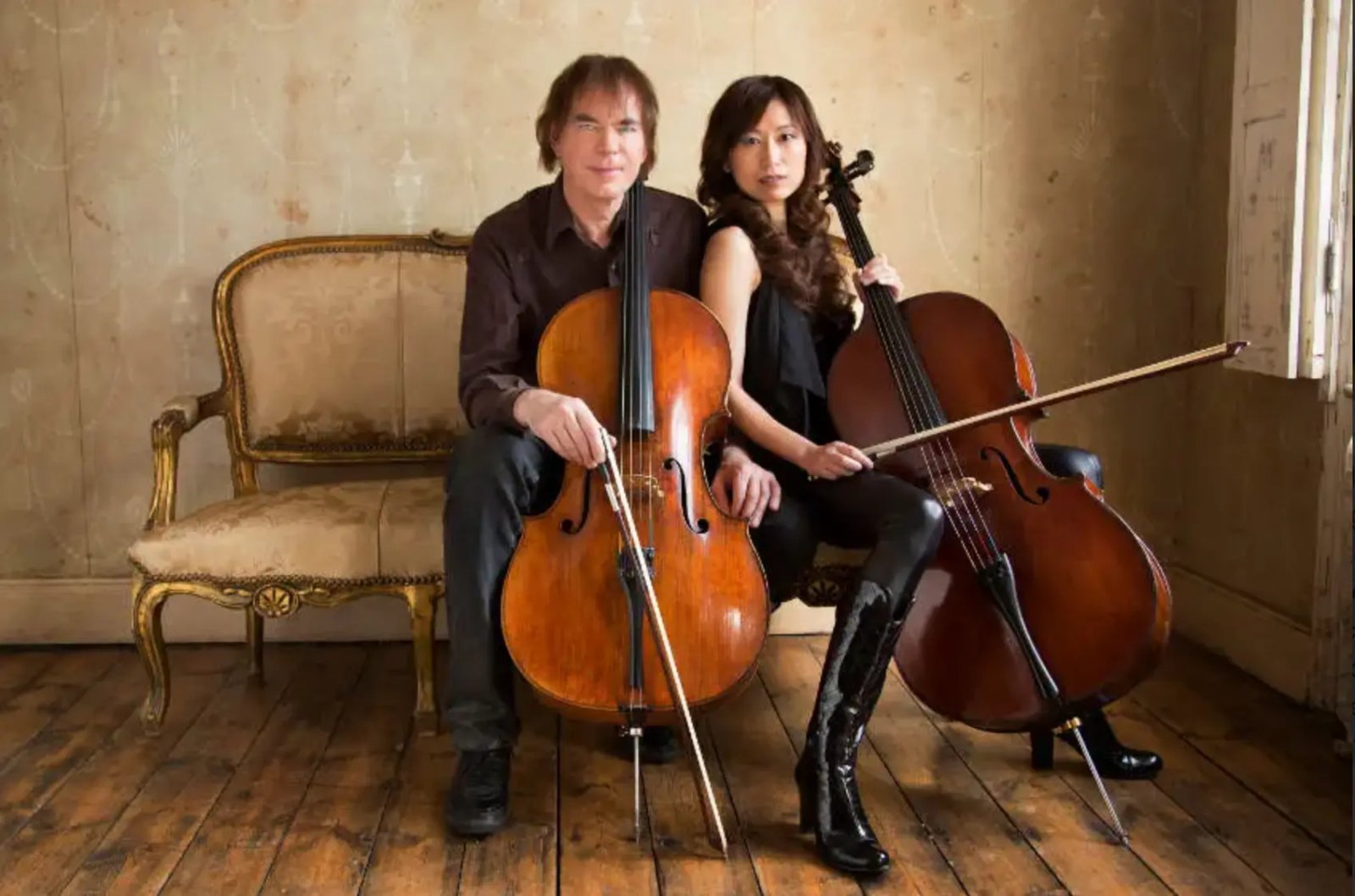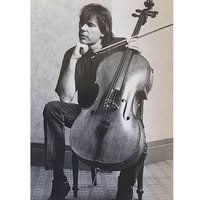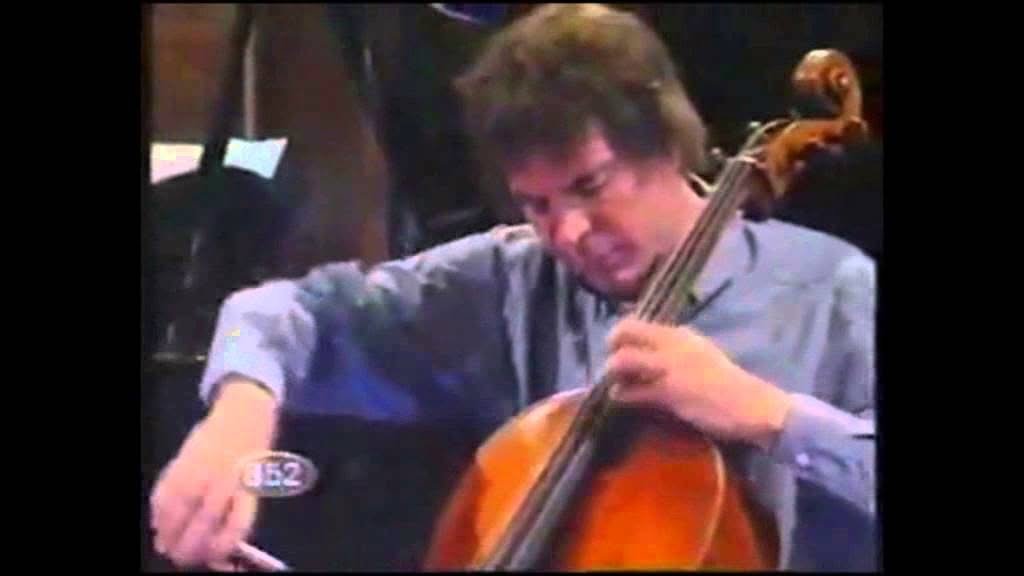GET SET FOR JULIAN’S AUTOBIOGRAPHY
PUBLISHED APRIL 7th 2026
Bows and Arrows
The Autobiography
Julian Lloyd Webber
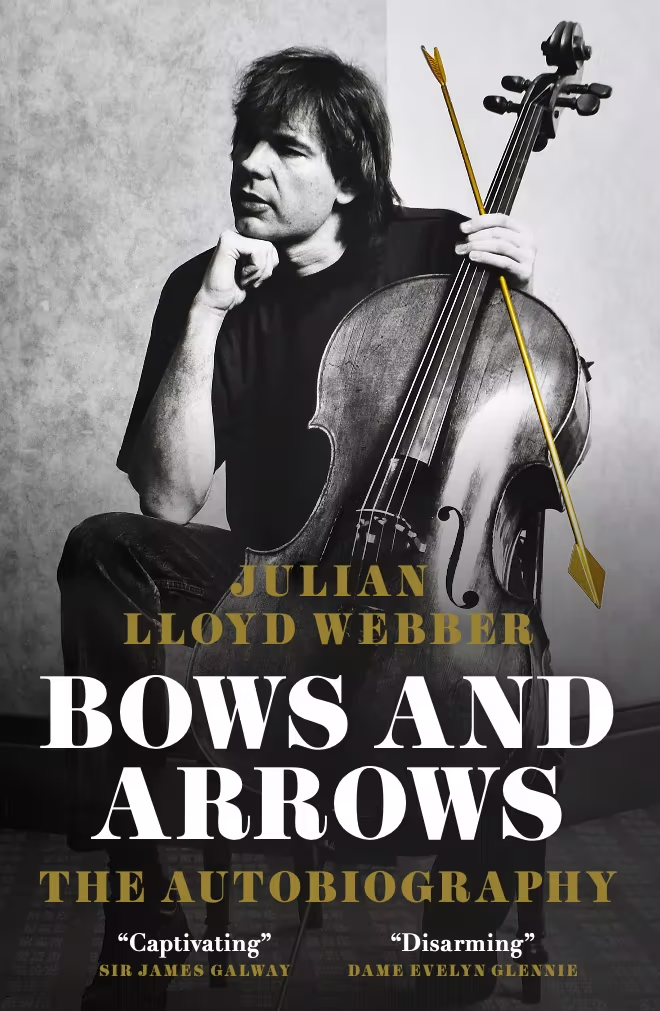
PUB DATE: 7 April 2026
ISBN: 9781837360581
PRICE: £22
EXTENT: 352pp
DIMENSIONS: Royal hardback
ILLUSTRATIONS: 8pp colour plates
CATEGORY: Music/Memoir
THEMA CODE: AV/DNC
REGIONS: World

The explosive, no-holds-barred account of the life of a globally renowned classical musician, Julian Lloyd Webber’s autobiography lifts the lid on a world previously shrouded in mystery.
From vivid descriptions of Julian’s childhood in one of the world’s most famous musical dynasties to unfiltered stories from his collaborations with such stars as Yehudi Menuhin, Neville Marriner, Stéphane Grappelli, Joaquin Rodrigo, Philip Glass, Elton John, and his brother, Andrew Lloyd Webber, Bows and Arrows reveals a cut-throat world of agents, promoters, record companies, violin dealers and substance abuse, laying bare the classical music profession as never before.
With refreshing honesty and humour, Julian recounts the break-up of three of his four marriages, his lifelong passion for ensuring that every child should have a chance to play a musical instrument and his devastation at the 2014 injury that forced him to stop playing and sell his Stradivarius cello. This earth-shattering loss, however, led to a new calling, prompting Julian’s appointment as principal of a leading royal conservatoire and his re-emergence as a tireless champion of music education, working closely with politicians including Gordon Brown, Michael Gove and Boris Johnson.
Culminating in Julian’s return to the stage for the first time in twelve years, this is a powerful story of passion, loss and a life reborn.
- In April 2026, Julian will return to the stage for a celebratory gala at London’s Wigmore Hall to mark his 75th birthday.
- 2026 will also see the release of Julian’s first recording for twelve years, along with a 75th birthday collection (both on Decca Records).
- Julian is the creator and presenter of Classic FM’s ongoing series Rising Stars on Sky Arts TV. He gives masterclasses around the world and is a regular speaker at festivals.
JULIAN RETURNS TO THE CONCERT PLATFORM!
“Few artists have done more to expand the reach and repertoire of their instruments than Julian Lloyd Webber, whether as performer, commissioner of new works, teacher and mentor or passionate communicator. Join the great British cellist and guests as he celebrates his 75th birthday, returning to cello performance after 12 years, with an exploration of his remarkable career and the works and people who have shaped it.“
Tue 14 Apr 2026, 7.00pm, Wigmore Hall, London
For more information, or to buy a ticket, click here…
In aid of Music Masters.
Viva Casals! Sayings, stories and impressions of Pablo Casals
Not just a brilliant virtuoso player but a revolutionary force, Pablo Casals fundamentally redefined the art of playing the cello with his innovative approach and technique. Recognised in his own time as a performer without equal, his influence continues to touch musicians all over the world to this day.
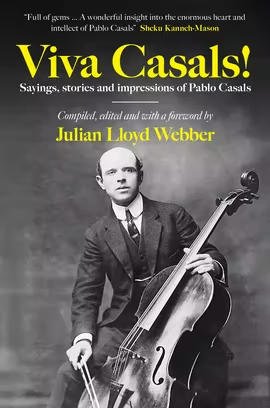
Yet Casals was also a man who resolutely stood up for fairness and peace, using his international fame to protest against injustice and fascism, earning him the respect of world leaders from the President of the United States to the Secretary-General of the United Nations.
Celebrating the 150th anniversary of his birth, Viva Casals! draws on his own words and the recollections of others to bring to life his wit, wisdom, idealism and faith in humanity. Edited by Julian Lloyd Webber, one of the most creative musicians of his generation, this is a vivid portrait of a rare genius.
Buy here (Biteback Publishing)
REVIEWS
“This book is full of gems! It gives a wonderful insight into the enormous heart and intellect of Pablo Casals.”Sheku Kanneh-Mason
“Through a judicious blend of anecdotes and sayings, this lovely book conjures up the spirit of Pablo Casals. It makes a perfect tribute for the 150th anniversary of one of the most beloved musicians of all time.”Steven Isserlis
Information
Live booking enquiries:
jax@cliveconwayproductions.com
Media enquiries:
Karen Pitchford
pitchfordkaren@gmail.com
07785 733561
Contact for Julian Lloyd Webber:
Maggie Lawrence info@julianlloydwebber.com
Delighted to be returning to this year's Elgar Festival!
An Evening with Julian and Jiaxin Lloyd Webber — Elmslie House
In celebration of his 75th birthday, Elgar Festival Patron Julian Lloyd Webber joins forces with his wife and fellow cellist Jiaxin in a fascinating ‘double sided’ programme. With a first half of live music exploring the extraordinary reasons why Bach’s sublime Cello Suites remained unperforme…
A short Romance by my dad for Valentine's Day
Julian Lloyd Webber plays Romance by William Lloyd Webber
Romance from William Lloyd Webber's Serenade for Strings in an arrangement for cello and piano.Julian Lloyd Webber, celloRebecca Woolcock, pianohttps://www.f…
Remembering Frederick Delius born on this day in 1862. Here is the ending of his Cello Sonata played with John Lenehan
Julian Lloyd Webber playing Delius's Cello Sonata.www.julianlloydwebber.com
Tickets on sale from 10.00am this morning! Sheku Kanneh-Mason Isata Kanneh-Mason Rebeca Omordia Jiaxin Cheng Lauren Zhang Music Masters
Julian Lloyd Webber cello; Lauren Zhang piano; Jiaxin Lloyd Webber cello; Edward Leung piano; Dr Zhao traditional Chinese face-changing artist; Sheku Kanneh-Mason cello; Isata Kanneh-Mason piano; Rebeca Omordia piano; Students from Music Masters Julian Lloyd Webber 75th Birthday Gala Charity Concert
Delighted to be supporting this year's Royal Philharmonic Society Young Artist Award!
For a solo performing artist or chamber ensemble, relatively new to the profession, who has shown remarkable promise and made a strong impression in the UK.
In 1996 I asked Gavin Bryars to write me a short companion piece to the Haydn concertos for cello and strings. What arrived was a
Gavin Bryars Cello Concerto played by Julian Lloyd Webber on the Barjansky Stradivarius cellowww.julianlloydwebber.com


